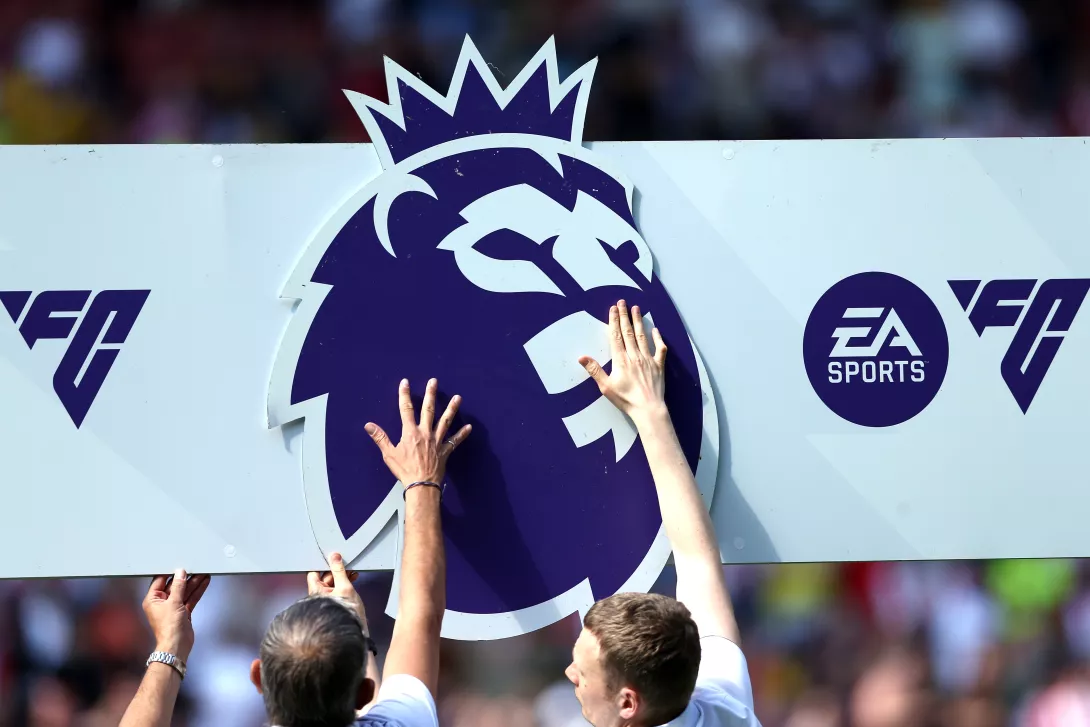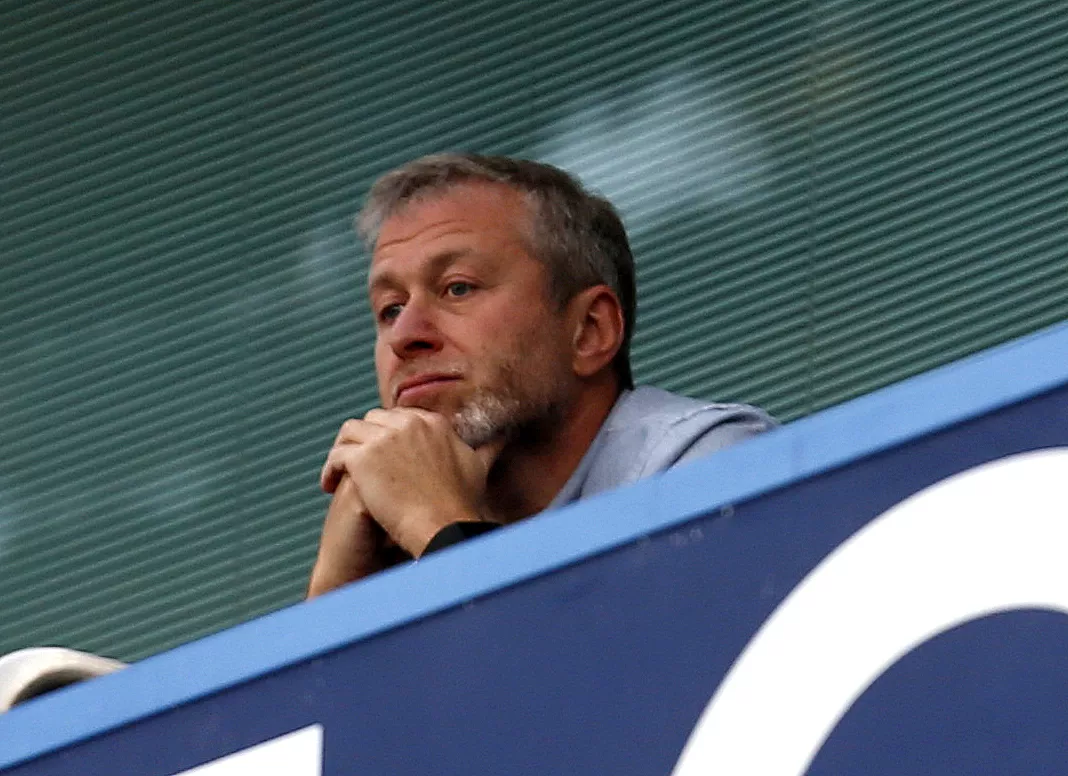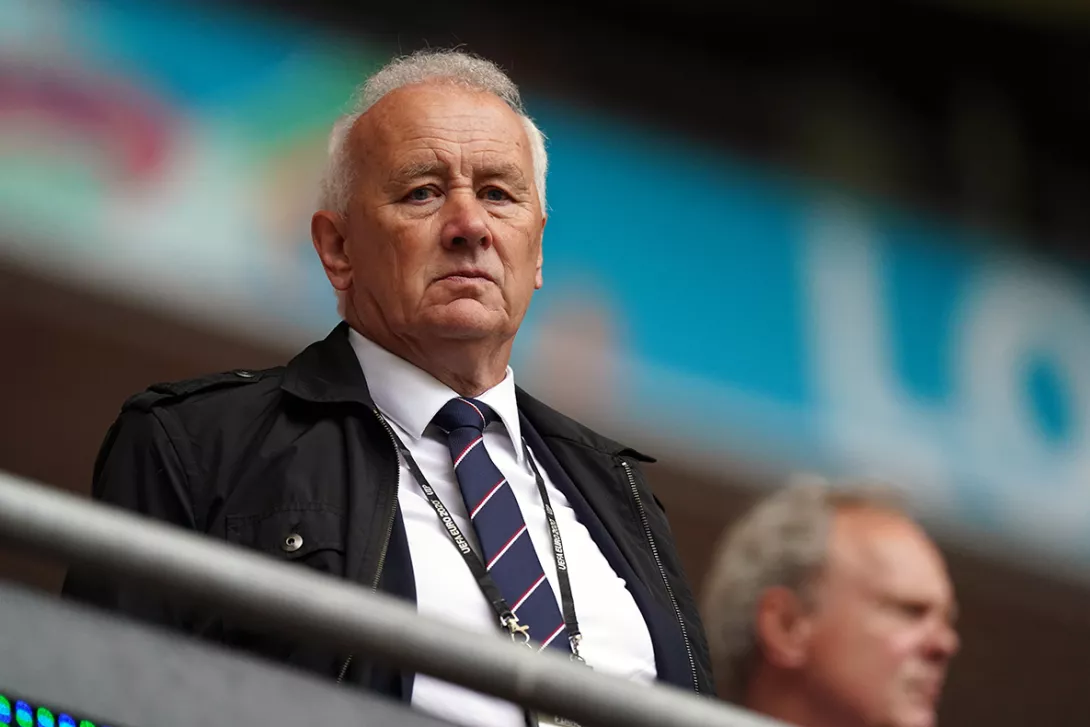Football Governance Bill strengthened but will it be enough?
The Bill has been strengthened thanks to the tireless work of those pushing for meaningful change, writes JAMES NALTON, but questions remain over how effective it will be in practice

ON THURSDAY the government released a “strengthened” Football Governance Bill, which aims to “address the significant issues facing the financial sustainability of elite men’s football in England.”
It is an update to the previous Bill proposed under the previous government and the “strengthened” version is a much better proposition, even though doubts naturally remain given the political and financial environment in which an independent football regulator would be operating.
The main improvement is that it dropped the requirement to consider government foreign policy. It claims that this now “cements the regulator’s full independence.”
More from this author
Similar stories

JAMES NALTON writes about Manchester City’s controversial decision to challenge the Premier League’s rules on associated party transactions this week















